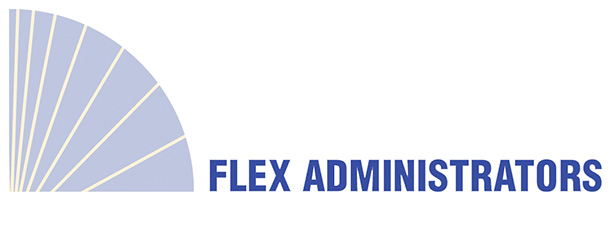QSEHRA
Qualified Small Employer HRAs
Small employers know how hard it is to attract and retain a talented and loyal workforce. A big concern many employees (and potential hires) have with small companies is the benefits plan. Now thanks to the 21st Century Cures Act, you can boost your company’s drawing power and promote greater employee satisfaction with a Qualified Small Employer Health Reimbursement Arrangement (QSEHRA).
Beginning January 1, 2017, small businesses with fewer than 50 full-time employees that do not offer any group health plan can provide employees and their families with a QSEHRA for eligible healthcare expenses, including health insurance premiums. Previously, the Affordable Care Act (ACA) did not allow businesses to offer HRAs for individual insurance premiums.
In addition to a more attractive benefits package and caring for your staff, a QSEHRA offers employers a 100% tax deduction on all contributions. Plus, you can now help your employees obtain the medical coverage they and their families need, which can result in fewer sick days and a better focus on daily tasks.
Benefit Coverage and Reimbursement
A QSEHRA can cover the cost of any documented healthcare expense under IRC Section 213(d), including individual health insurance premiums. In order to get reimbursed for medical expenses or insurance premiums, employees must provide ‘proof of coverage’ to the employer.
Contributions and Annual Limits
Like a regular HRA, a QSEHRA is funded solely (100%) by the employer. The Annual Limits are indicated in the table. The limits are based on calendar year.
Limits for 2024
Self-Only Coverage: $6,150
Family Coverage: $12,450
Employee Eligibility and Coverage Requirements
Eligible employees are those who work 130 hours per month or 30 or more hours per week for 120 consecutive days. Employers must also include the amount of available QSEHRA benefits on employee W-2s at the end of the year. Generally, all employees must be offered the QSEHRA under the same terms, but the following classes of employees may be excluded:
•Seasonal employees
•Part-time employees
•Employees covered by a collective bargaining agreement in which accident and health benefits were the subject of good faith negotiations
•Employees with less than 90 service days
•Employees under age 25
•Certain non-resident aliens
Administrative Requirements
Employers must provide a written notice to their workforce 90 days before the start of the plan year (for 2017, the deadline is March 12) with the following information:
•The amount in the QSEHRA benefit
•An explanation that employees must notify the Exchange of the QSEHRA if they apply for a subsidy
•The consequences of not obtaining Minimal Essential Coverage (MEC), which may result in taxes and the inclusion of premium reimbursements in their gross income
Employers must also include the amount of available QSEHRA benefits on employee W-2s at the end of the year.
COBRA Rules
A QSEHRA does not qualify as a group health plan, therefore businesses who offer this benefit are not subject to providing COBRA coverage.
